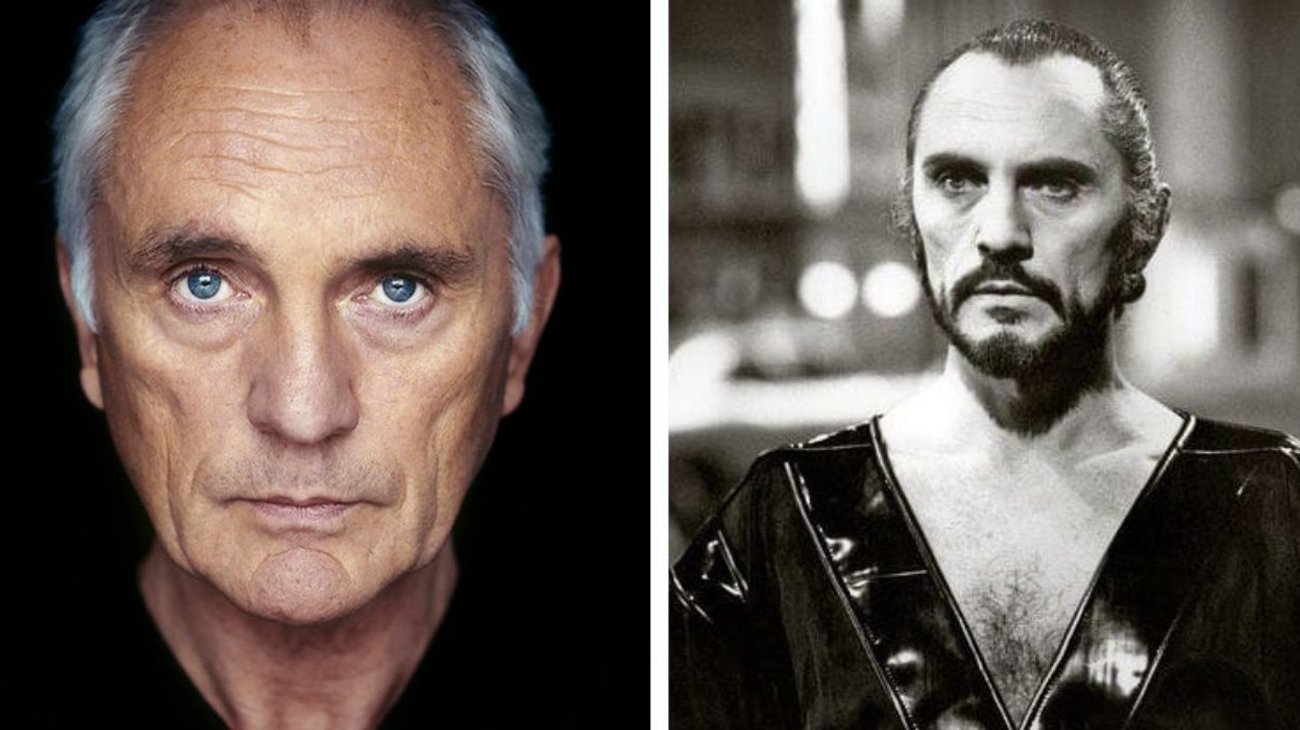

The first time I heard the letters "WKRP" was in a TV guide preview article for one of the next seasons new shows. The first time I saw Loni was in the one photo that article had showing Loni watering a plant in the radio station lobby and smiling at the camera. Just another show coming up at the time but who knew how big it would become or how much we would treasure the characters on the show that those gifted actors created. Loni was wonderful as was everyone else.
RIP sweet lady.
Loni Anderson, who starred as the shrewd radio station receptionist Jennifer Marlowe on WKRP in Cincinnati before her fairy-tale marriage to and acrimonious divorce from Burt Reynolds kept her uncomfortably in the tabloids, died Sunday. She was 79.
A two-time Emmy nominee, Anderson died in Los Angeles following “an acute prolonged illness,” publicist Cheryl J. Kagan announced.
The Minnesota native also portrayed doomed Hollywood sex sirens in two telefilms: 1980’s The Jayne Mansfield Story — alongside an untested Arnold Schwarzenegger as her second husband, Mickey Hargitay — and 1991’s White Hot: The Mysterious Murder of Thelma Todd.
And from 1988-90, she toplined TV movie remakes of the classic films Leave Her to Heaven (in the Gene Tierney role), Sorry, Wrong Number (in the Barbara Stanwyck part) and Three Coins in the Fountain).
After appearing on such series as S.W.A.T., Police Woman, Barnaby Jones and Phyllis and auditioning to play Chrissy Snow on , Anderson in 1978 read for Jennifer on MTM Enterprises’ WKRP in Cincinnati, created by Hugh Wilson.
Anderson liked the concept of the sitcom but had a problem with her role, “so I refused,” she explained in a 2020 interview.
Advertisement
“I went in and sat on my little soapbox and said, ‘I don’t want to play this part because she’s just here to deliver messages and is window dressing.’ Then Hugh said, ‘Well, how would you do it?’ … He said, ‘Let’s make her look like Lana Turner and be the smartest person in the room.'”
With Jennifer refusing to take dictation, type letters or make coffee as the opposite of the “dumb blond” stereotype that blanketed TV back then, Anderson starred on all but one of the show’s 90 episodes during its four-season run through April 1982.

